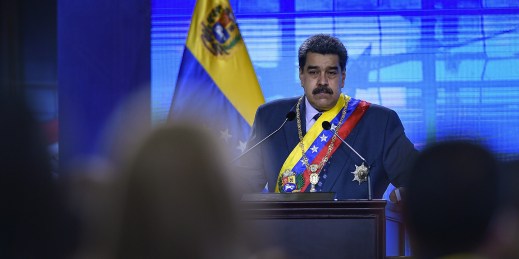Latin America Archive
Free Newsletter
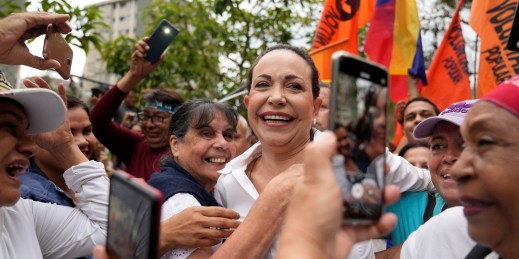
The regime of Venezuelan President Nicolas Maduro will probably remain in power after elections scheduled for late July. But the past few weeks have been unusually positive ones for Venezuela’s opposition. The faintest glimmers of optimism have begun to appear due to events unfolding in ways that have caught the Maduro regime off guard.
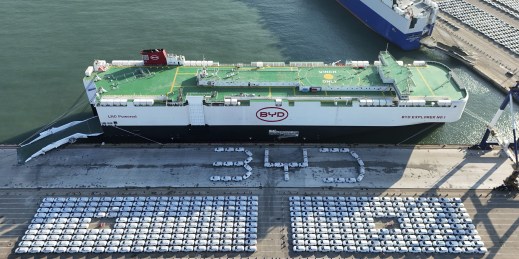
Last year, Chinese automaker BYD clinched a deal to take over Ford Motor’s factory in Bahia, Brazil, after Ford decided to withdraw from the Brazilian market. BYD is already the world’s largest producer of electric vehicles, and the move into Brazil is an effort to further consolidate its early conquest of EV markets in the Global South.
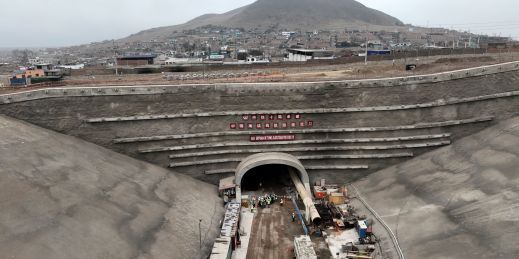
Recent setbacks for two major Chinese projects in Latin America are likely music to U.S. policymakers’ ears and could point to the quiet diplomacy of the administration of U.S. President Joe Biden paying off in key areas of concern. How Beijing reacts to these setbacks will shape its future relations with Latin America.
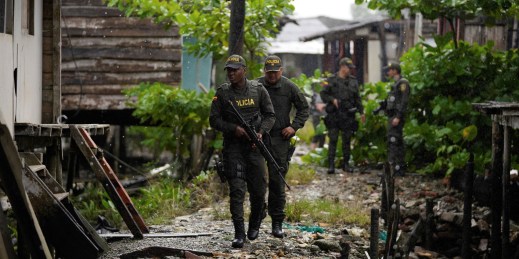
Colombian President Gustavo Petro’s “Total Peace”—an ambitious plan to negotiate directly with the country’s criminal and armed groups—suffered a series of setbacks due to missteps, legislative roadblocks and unforced errors. Now, nearly halfway through his four-year term, Petro is no longer relying exclusively on dialogue.
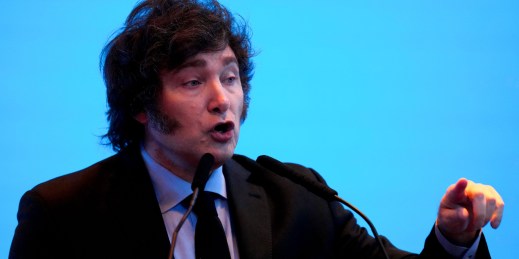
The past few weeks have seen the insults fly among Latin American leaders, with Venezuela’s foreign minister labeling Argentina’s ruling party “neo-nazis,” and Argentina’s president calling Colombia’s president a “murdering terrorist.” Unfortunately for the region, there are significant real-world consequences of this petty name-calling.


